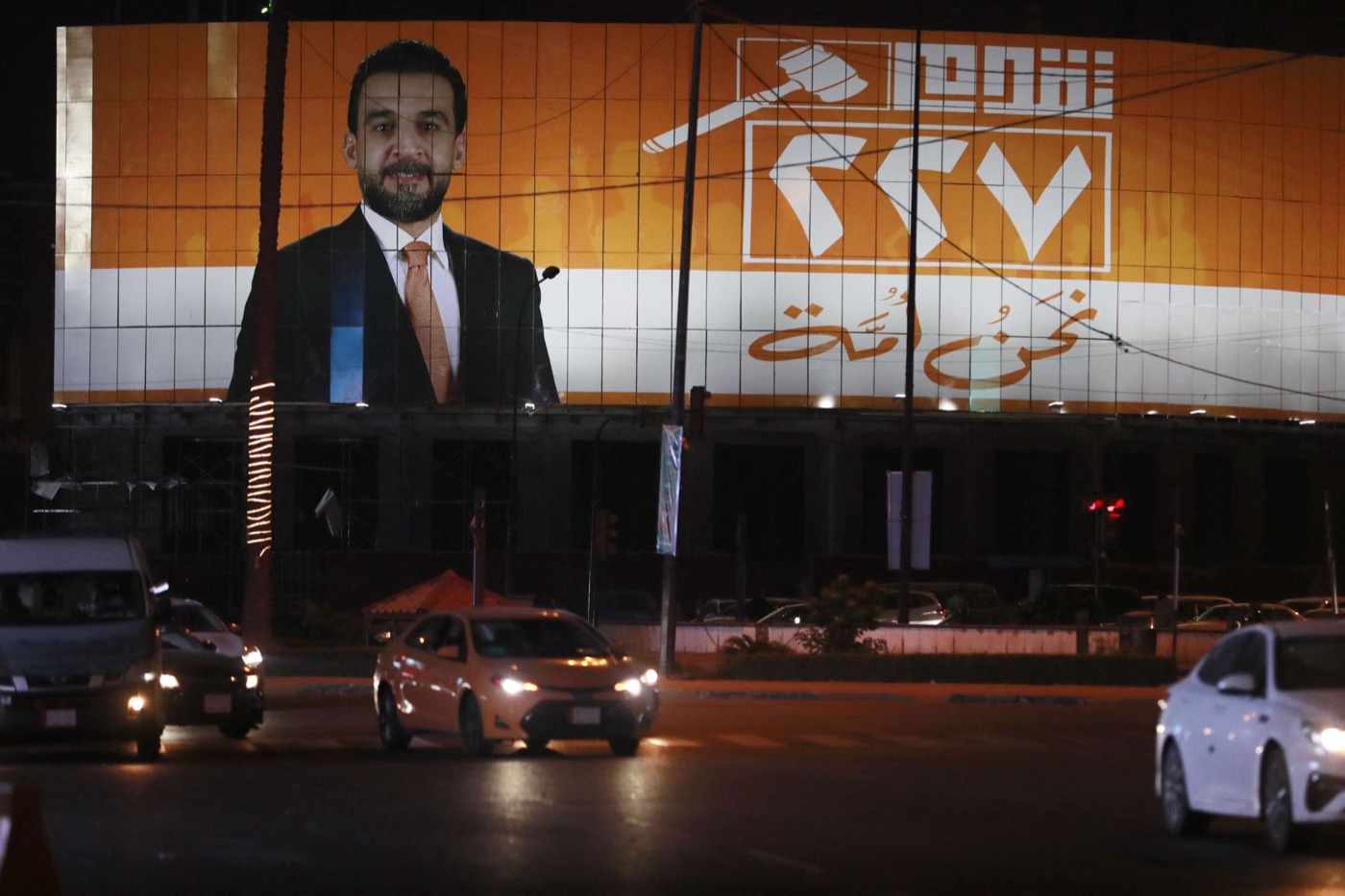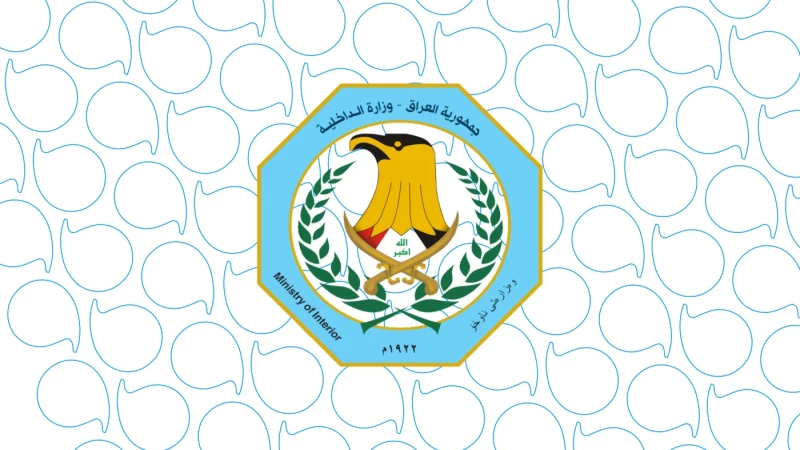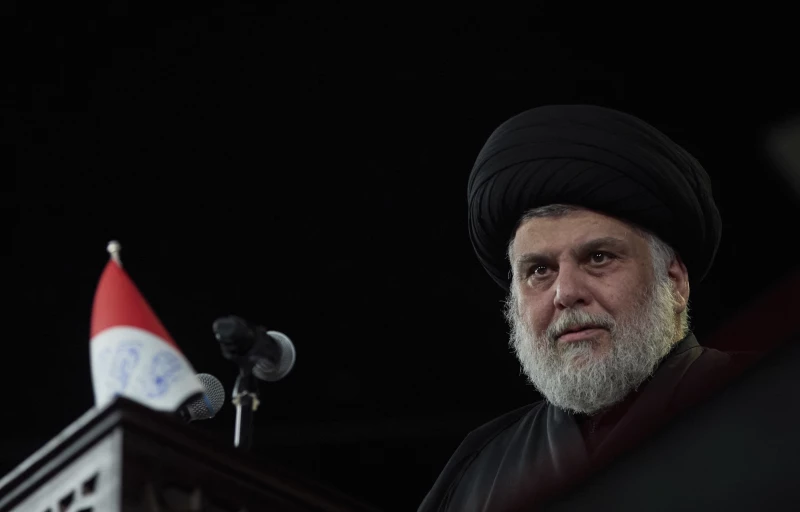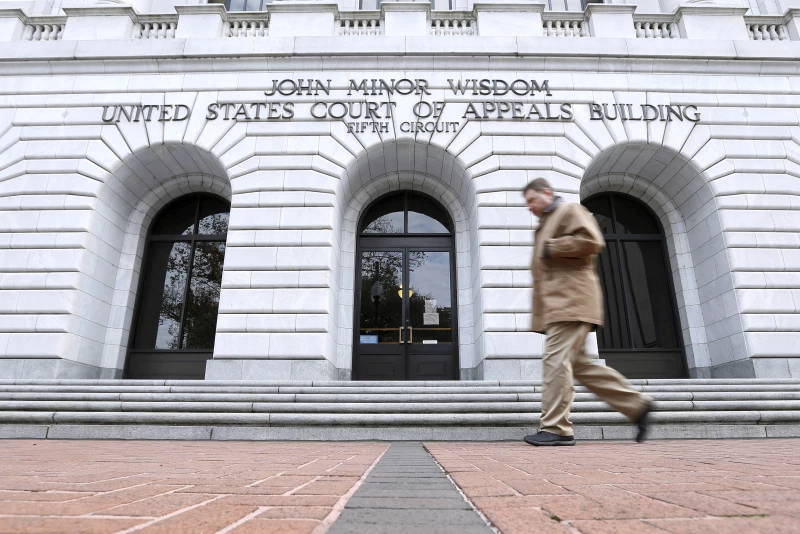ERBIL, Iraq – A Nov. 14 ruling by Iraq’s Federal Supreme Court to end Mohamed al-Halbousi’s tenure as parliament speaker has led to heated debate, resignations and questions about constitutionality.
Deputy Speaker Mohsen al-Mandalawi, a Shia representative, will assume the role of parliament speaker temporarily until a new appointment is made.
Deputy Prime Minister and Minister of Planning Muhammad Ali Tamim, Industry Minister Khaled Battal Al Najm, and Culture Minister Ahmed Fakkak Al-Badrani all resigned in protest immediately after the decision and announced their lawmakers' boycott of parliamentary sessions.
Halbousi leads the Taqadum party to which the three ministers belong. It is the largest Sunni faction within the parliament.
The current government under Prime Minister Mohamed Shia al-Sudani took office in October 2022, a full year after the 2021 elections in which a bloc under popular firebrand Shia cleric Muqtada al-Sadr received the highest number of seats in the parliament.
Sadr ordered his 73 lawmakers to resign from parliament in June 2022 following months of political stalemate and bickering amid until-then unsuccessful attempts to form a new government.
Shia factions warn against ‘harm to judiciary’s reputation’
“The Coordination Framework unanimously affirms its respect for the judiciary and adheres to the Federal Court’s decision regarding the termination of Halbousi’s membership,” a statement from the Shia-led bloc said on Nov. 16, stressing that it “rejects any harm to the reputation, impartiality and objectivity of the Iraqi judiciary.”
The Coordination Framework includes Shia forces that are longstanding rivals of Sadr, including the State of Law coalition under former prime minister Nouri al-Maliki, the al-Fatah alliance under Hadi al-Amiri, the Alliance of National State Forces under Ammar al-Hakim, and others closely linked to Iran.
Following the court ruling, Hakim extended his appreciation to Halbousi for his tenure and acknowledged his contributions to Iraq's political landscape.
The Kurdistan Democratic Party (KDP) on Thursday urged the State Administration Coalition to look into the matter more closely.
The State Administration Coalition is an alliance of Shia, Sunni, and Kurdish political parties that broke a yearlong political deadlock last year by backing Sudani.
KDP spokesman Mahmoud Mohammed warned that the decision would deepen “tensions further at a time when resolving existing problems was expected rather than exacerbating them”.
Forgery or ‘violation of constitution’?
Forgery allegations are believed to have been the basis for the ruling.
The legal proceedings leading to the development were set in motion by former Taqadum member Laith-al-Dulaimi, a Sunni parliamentarian, in February.
Dulaimi accused Halbousi of forging his signature on a parliamentary resignation letter in 2022, prompting the high court’s intervention.
On Tuesday, the court not only terminated Halbousi's parliament membership but also that of Dulaimi. The court refrained from providing additional details on the decision but said that it would go into effect immediately.
During a media briefing Tuesday evening, Halbousi vehemently denounced the decision as a "violation of the constitution” and called it “strange”.
Sunni community to ‘discuss upcoming steps’
Halbousi's removal holds significant implications for Iraq's political landscape. Since the end of Saddam Hussein's rule in 2003, Halbousi has been the only politician to hold the highest position in the country available for representatives of the Sunni community for more than one term.
The customary governing structure established after 2003 has been with the position of prime minister going to a member of the Shia majority and that of parliament speaker to a Sunni, while the role of president is de facto reserved for a member of Iraq’s Kurdish community.
In response to Halbousi's termination, fellow Sunni Arab politician Khamis Khanjar said that "while we respect the federal court’s decision, we're calling for a meeting between leaders and representatives in the liberated areas to discuss upcoming steps."
The expression “liberated areas” is commonly used to refer to areas of Iraq that had been under occupation by the international terrorist organisation the Islamic State in the years between 2014 and 2017. These areas suffered greatly from the occupation as well the battles to liberate them and are mostly Sunni-majority areas in western and northwestern Iraq.
Halbousi’s home province of Anbar is one of these areas that suffered greatly from ISIS and the war against it. However, it saw significant reconstruction and development under his regional governorship prior to being elected parliament speaker for the first time in 2018, as well as in the years since.



 Facebook
Facebook
 LinkedIn
LinkedIn
 Telegram
Telegram
 X
X


